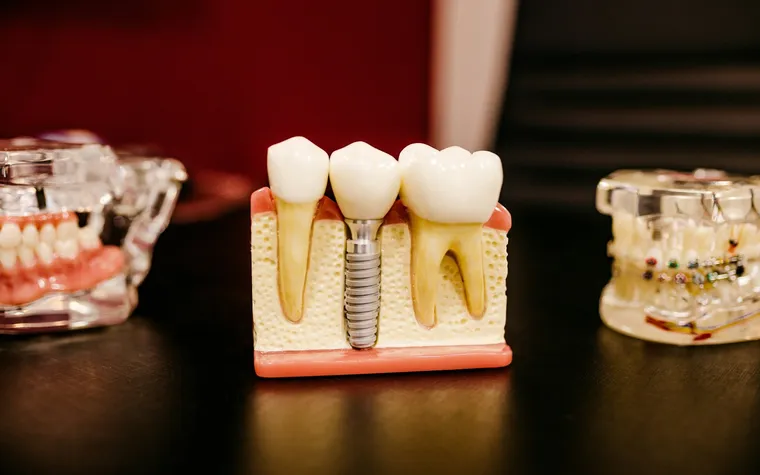Whether lost due to decay, injury, or age, missing teeth can impact speech, chewing ability, and self-confidence. Modern dentistry offers various replacement choices, ranging from dental implants and bridges to dentures, each catering to different needs and budgets.
Selecting the right tooth replacement depends on factors such as oral health, budget, and personal preference. Some options offer permanent solutions, while others provide removable alternatives. Understanding the benefits, costs, and maintenance of each method can help individuals choose the best approach for restoring their smiles.
Understanding Tooth Replacement Options
Tooth loss can occur for several reasons, including cavities, gum disease, or trauma. Fortunately, dental advancements provide various ways to replace missing teeth. Each option varies in durability, aesthetics, and cost, making it essential to explore the different choices before making a decision.
This guide covers the most common tooth replacement options, including dental implants, bridges, dentures, and alternative treatments.
1. Dental Implants
Dental implants are one of the most popular and permanent tooth replacement options. They involve surgically placing a titanium post into the jawbone, which acts as an artificial root. A crown is then attached to the post, mimicking the appearance and function of a natural tooth.
Benefits:
- Durability: Implants can last a lifetime with proper care.
- Natural Appearance: They look and feel like real teeth.
- Improved Oral Health: They prevent bone loss and maintain facial structure.
Drawbacks:
- Cost: Implants are expensive compared to other options.
- Surgery Required: The procedure involves multiple steps and healing time.
2. Dental Bridges
A dental bridge is a non-removable option that replaces one or more missing teeth. It consists of artificial teeth held in place by crowns attached to adjacent healthy teeth.
Benefits:
- Less Invasive: No surgery is required.
- Affordable: Bridges are more cost-effective than implants.
- Quick Solution: The process takes only a few visits.
Drawbacks:
- Requires Tooth Alteration: Healthy teeth must be modified to support the bridge.
- Lifespan: Bridges typically last 10-15 years before needing replacement.
3. Dentures (Full & Partial)
Dentures are removable prosthetic teeth used to replace multiple missing teeth. They are available in full or partial sets, depending on the number of teeth missing.
Benefits:
- Budget-Friendly: Dentures are an affordable replacement option.
- Non-Invasive: No surgery is needed.
- Customizable: They can be adjusted or replaced as needed.
Drawbacks:
- Less Stability: Dentures can slip or shift while eating or speaking.
- Regular Maintenance: They require daily cleaning and occasional adjustments.
4. Alternative Options
For those looking for alternatives, some newer techniques include:
- Resin-Bonded Bridges: A less invasive bridge option that doesn’t require altering adjacent teeth.
- Snap-On Dentures: A hybrid of dentures and implants for better stability.
Choosing the Right Tooth Replacement Option
When selecting a tooth replacement method, consider the following factors:
- Budget: Dental implants are costly, while dentures and bridges offer more affordable alternatives.
- Longevity: Implants last the longest, whereas bridges and dentures may need replacement.
- Oral Health: Strong jawbone support is necessary for implants, while bridges and dentures are suitable for those with bone loss.
Conclusion
Tooth replacement options vary in cost, durability, and aesthetics. Dental implants provide a permanent solution, while bridges and dentures offer more affordable choices. Consulting a dentist can help determine the best approach based on individual needs and budget. Regardless of the method chosen, replacing missing teeth can enhance oral health, function, and confidence.

